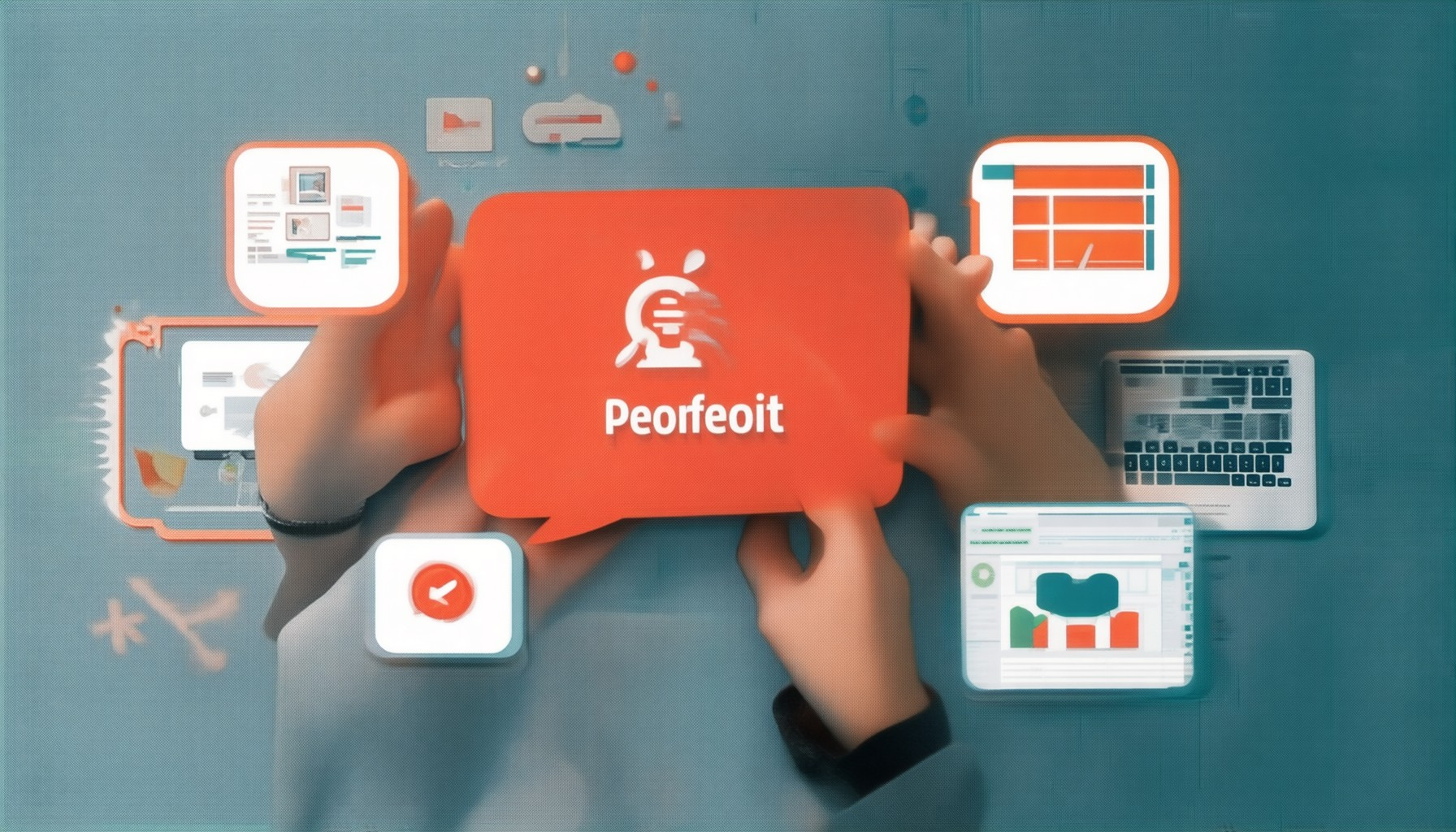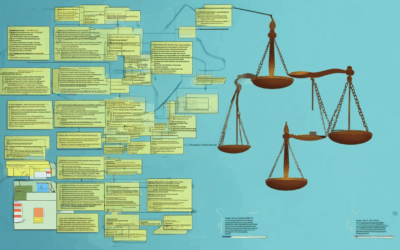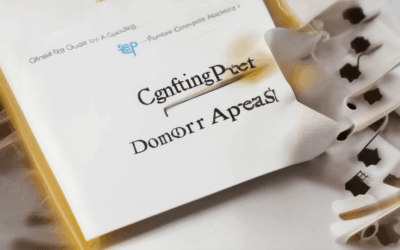In today’s fast-paced nonprofit sector, leveraging the right digital tools can mean the difference between meeting your mission and falling short. Whether you’re managing donations, organizing events, or connecting with supporters, having the right software in place is crucial for your organization’s success. This guide explores the essential digital tools and strategies that can empower your nonprofit to achieve its goals, from streamlining operations to enhancing donor engagement. By uncovering the best tools for nonprofits, we’ll dive into how technology can transform your organization, ensuring you stay ahead in a competitive landscape. Join us as we reveal the must-have software solutions and actionable tips to drive your nonprofit forward, making the most of modern digital tools designed specifically for your cause.

The 33% Rule for Nonprofits
The 33% rule for nonprofits pertains to the percentage of support received from the general public or government entities. Here’s a breakdown:
- Threshold Definition : Nonprofits are categorized based on the percentage of their total support originating from the public or government. Specifically, if an organization receives more than 10% but less than 33.333…% (one-third) of its support from these sources, it may qualify as a public charity under certain conditions.
- Public Charity Classification : To maintain public charity status, the nonprofit must demonstrate that, considering all facts and circumstances, a substantial portion of its support comes from public sources. This is typically documented on IRS Form 990, particularly in Schedule A and Schedule B, which detail contributions and grants.
- Compliance and Consultation : Nonprofits falling into this range should consult tax professionals to ensure compliance with IRS requirements. Proper classification is crucial to avoid penalties and maintain tax-exempt status.
This rule underscores the importance of understanding funding sources and ensuring adherence to IRS guidelines for nonprofits.
Best Software for Non-Profit Organizations
- Donor Management Systems: Tools like DonorPerfect Online help non-profits track donors, manage contributions, and streamline fundraising efforts with robust reporting capabilities.
- Fundraising Platforms: Consider using platforms like Eventbrite for event management or Patreon for recurring donations, tailored to fit your organization’s needs.
- Volunteer Management: VolunteerSphere offers solutions for organizing volunteer activities, making it easier to engage and manage your community support network.
- Financial Management: Utilize QuickBooks Online for accounting and budgeting, providing essential tools for tracking expenses and financial transparency.
- Communication Tools: Mailchimp is a versatile email marketing platform ideal for sending newsletters, updates, and donor engagement campaigns.
- Website Management: Create a professional online presence with Squarespace , offering customizable templates designed specifically for non-profits.
- Social Media Management: Manage your organization’s social media presence efficiently with Hootsuite , allowing you to monitor and respond to posts across multiple platforms.
- Reporting & Analytics: Use Tableau for data visualization and reporting, helping you showcase your impact and outcomes to stakeholders.
- Free Options: Explore Google G Suite for essential tools like email, document collaboration, and analytics, suitable for non-profits with limited budgets.
- Donation Processing: Integrate donation processing directly into your website using platforms like Square or Stripe , simplifying the donation experience for both you and your donors.

Is ChatGPT Free for Nonprofits?
ChatGPT offers a free tier for all users, including nonprofits. While the free version may have limitations such as usage caps and reduced functionality during peak hours, it remains accessible to all users, including those representing nonprofit organizations. For more advanced features and unlimited access, nonprofits may need to subscribe to paid plans. Additionally, some companies and platforms offer discounts or donations to nonprofits for access to their tools and services. It’s recommended to check with ChatGPT’s official website or contact their customer support for the most current information and potential options for nonprofits.

Is There a Free CRM for Nonprofits?
Yes, there are several free Customer Relationship Management (CRM) tools available specifically designed for nonprofit organizations. These tools can help manage donor relationships, track contributions, and streamline communication efforts. Below are some popular options:
- Flowlu
Flowlu is a robust free CRM tool tailored for small businesses and nonprofits. It offers features like donation tracking, budget management, and relationship management tools to help organizations stay organized and connected with their supporters. - Bento for Business
Bento for Business is another excellent free CRM option, particularly for smaller nonprofits. It includes contact management, project tracking, and email marketing tools, making it a versatile choice for managing various aspects of your organization. - Zoho CRM
While primarily targeted at small businesses, Zoho CRM also offers a free version suitable for nonprofits. It includes basic contact management, task tracking, and social media integration, which can be beneficial for volunteer coordination and outreach efforts.
For nonprofits looking for more specialized tools, NPO Expert provides a dedicated platform with resources and solutions designed specifically for nonprofit organizations. Their suite of tools covers fundraising, compliance, employee training, and more, helping organizations maximize their impact and efficiency.
These tools can be valuable assets for nonprofit managers seeking to enhance donor engagement, streamline operations, and measure outcomes effectively. Always ensure to explore the features and limitations of each CRM to find the one that best fits your organization’s needs.
Is Google Suite Free for Nonprofits?
Google Workspace for Nonprofits offers a free tier designed specifically for nonprofit organizations, providing essential productivity tools at no cost. This includes access to Gmail, Google Drive, Google Docs, Google Sheets, Google Slides, and Google Calendar, along with 15GB of cloud storage. However, this free version does come with some limitations compared to the full suite.
For nonprofits requiring additional features such as advanced email filtering, unlimited storage, and 24/7 support, upgrading to the Google Workspace Business or Enterprise plans may be necessary. These paid plans provide enhanced security, collaboration tools, and administrative controls, catering to the unique needs of organizational teams.
Upgrade Options
- Google Workspace Business: Priced at $12.95/month/user, this plan includes all the features of the free version plus premium services like custom domains, advanced email filtering, and better storage limits.
- Google Workspace Enterprise: Tailored for larger organizations, this plan starts at $45.00/month/user and offers additional features like API access, dedicated support, and enhanced security measures.
Choosing the Right Plan
Whether you opt for the free version or an upgraded plan, Google Workspace remains a cost-effective solution for nonprofits aiming to streamline operations and enhance collaboration. Evaluate your organization’s needs and consider reaching out to Google’s sales team for personalized recommendations.

Does Google Have a CRM?
Google does not currently offer a dedicated Customer Relationship Management (CRM) solution like Salesforce or HubSpot. However, Google provides several tools and platforms that can be integrated into a CRM workflow:
- Google Workspace : Tools like Gmail, Google Contacts, and Google Calendar can be used to manage customer interactions and track relationships.
- Third-Party Integrations : Google works with platforms like PipeDrive and Zoho CRM to offer integrated CRM solutions.
- Google Ads and Analytics : These tools can help businesses understand customer behavior and optimize marketing efforts, indirectly supporting CRM strategies.
While Google does not have a native CRM, its ecosystem and partnerships provide flexible options for managing customer relationships.
Conclusion
Google does not provide a standalone CRM but offers tools and integrations that can be used alongside third-party solutions to effectively manage customer relationships.





0 Comments